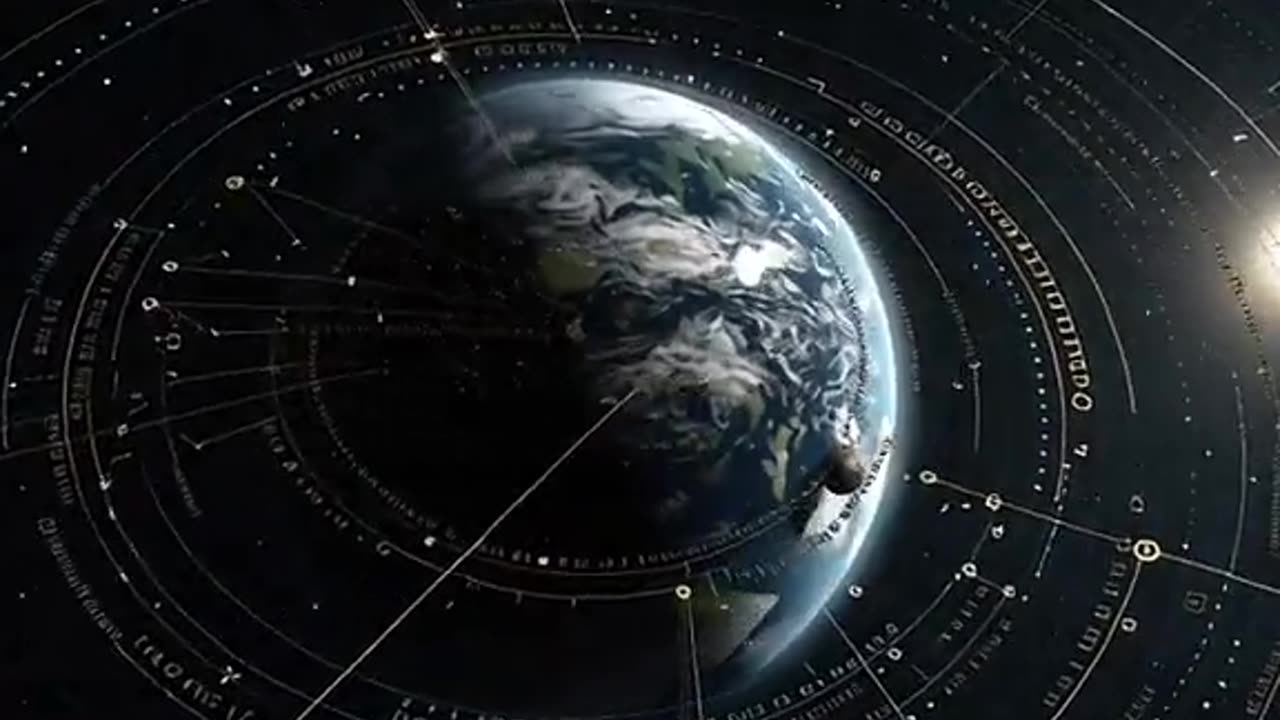Premium Only Content

When the Sahara Was Alive: The Lost Paradise Beneath the Sand
Today, we know the Sahara Desert as the hottest, driest place on Earth — a sea of endless sand, scorching winds, and skies that almost never rain.
But thousands of years ago, this wasn’t a wasteland. It was alive — a green, thriving world, bursting with rivers, forests, and wildlife that would rival the Amazon.
The Green Sahara
Around six thousand years ago, the Sahara was a paradise at the heart of Africa. Rivers carved through fertile valleys, lush forests blanketed the land, and vast blue lakes shimmered under the sun — some so immense they could swallow entire modern cities.
Elephants roamed freely across grasslands. Giraffes grazed beneath tall trees. Crocodiles hunted in deep, clear waters. Life was abundant where now there is only silence and dust.
A Land of People and Life
Humans lived there too. They hunted, farmed, and built villages beside the rivers that once flowed through the desert.
Ancient rock paintings still found today depict the life they once knew — herds of animals, dances, and daily scenes of a world full of green.
The Shift That Changed Everything
Then, something changed.
Not a catastrophe, not an asteroid — just a tiny tilt of the Earth’s axis, a slow cosmic wobble known as precession.
It was almost imperceptible, yet powerful enough to shift the African monsoon southward. The rains stopped. Rivers dried up. Forests withered and burned.
In just a few centuries, the world’s greatest garden transformed into the world’s largest desert.
The Cycle Isn’t Over
Here’s the astonishing part — that same cosmic wobble still continues today. The Earth never stopped moving. One day, the Sahara could bloom again, green and full of life… while somewhere else, another paradise might begin to die.
The Sahara is more than a desert. It is Earth’s memory, a record of how worlds are born, flourish, and fade beneath the shifting rhythm of time.
Unboxed World: Where Earth Remembers
Beneath every grain of sand lies the story of a living planet — one that remembers.
Because here on Earth, nothing is ever truly lost.
Only buried for a while, waiting to breathe again.
-
 LIVE
LIVE
GamerGril
3 hours agoI'm Up To My Neck In Zombie Blood 💞Dying Light The Beast💞
140 watching -
 53:29
53:29
Tactical Advisor
5 hours agoUnboxing New Guns | Vault Room Live Stream 042
105K9 -

Ouhel
5 hours agoSUNDAY | BATTLEFIELD 6 | O'HELL LIVE | RUMBLE UPDATE
10.9K1 -
 56:20
56:20
Steven Crowder
1 day agoEXPLAINED: Is America Headed For a Market Crash?
152K108 -
 LIVE
LIVE
KammieKamz
5 hours agoThe Queen of COD 👑 - BF6 & COD Stream
57 watching -
 LIVE
LIVE
S0lidJ
2 hours ago🟢Live -S0lidJ - This Game Is A Blast
26 watching -
 21:38
21:38
Professor Nez
7 hours agoHE'S BACK! Elon Musk EVISCERATES Biden Judge Over Big Balls Verdict
28K54 -
 19:39
19:39
TimcastIRL
1 day agoTim Pool Wins $1 Million Bet During Debate Against Liquid Death CEO
245K112 -
 LIVE
LIVE
ttvglamourx
6 hours ago $4.90 earnedHAPPY SUNDAY<3 !DISCORD
93 watching -
 13:50
13:50
Nikko Ortiz
1 day agoStop Hurting Yourself For Views.
70.8K22